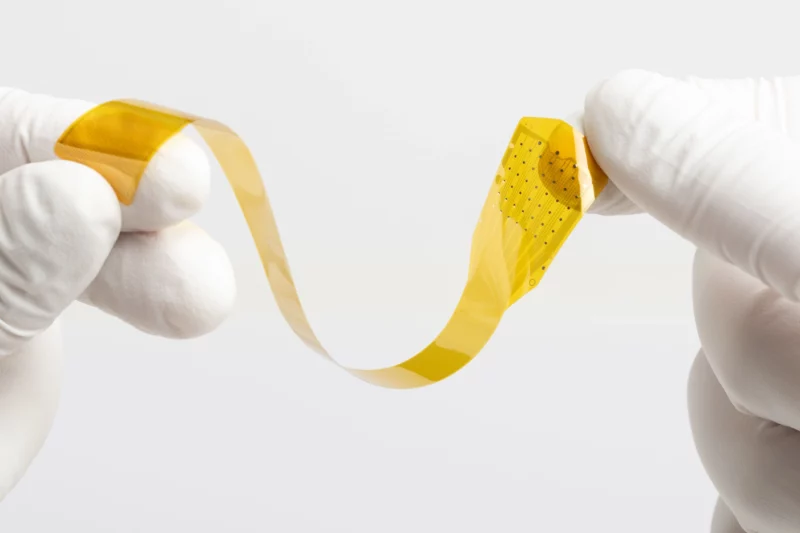
Work towards brain-computer interfaces has by no means been extra charged. Although neuroscientists have toiled for many years to faucet immediately into human ideas, current advances have the sphere buzzing with anticipation—and the involvement of 1 polarizing billionaire has drawn a brand new degree of consideration.
With competitors amping up on this area, Ars spoke with Ben Rapoport, who’s a neurosurgeon, electrical engineer, and co-founder of the brain-computer interface (BCI) firm Precision Neuroscience. Precision is on the forefront of the sphere, having positioned its BCI on the brains of 14 human sufferers thus far, with two extra scheduled this month. Rapoport says he hopes to at the least double that variety of human members by the tip of this yr. In actual fact, the 3-year-old firm expects to have its first BCI available on the market subsequent yr.
Along with the swift progress, Precision is notable for its divergence from its competitor’s methods, specifically Neuralink, essentially the most high-profile BCI firm and headed by Elon Musk. In 2016, Rapoport co-founded Neuralink alongside Musk and different scientists. However he did not keep lengthy and went on to co-found Precision in 2021. In earlier interviews, Rapoport steered his cut up from Neuralink associated to the problems of security and invasiveness of the BCI design. Whereas Neuralink’s system goes deeper into the mind—attempting to listen in on neuron alerts with electrodes at shut vary to decode ideas and meant motions and speech—Precision is staying on the floor, the place there may be little to no danger of damaging mind tissue.
Shallow alerts
“It was thought that you simply wanted to place needle-like electrodes into the mind floor as a way to take heed to alerts of ample high quality,” Rapoport informed Ars. Early BCIs developed a long time in the past used electrode arrays with tiny needles that sink as much as 1.5 millimeters into mind tissue. Opponents similar to Blackrock Neurotech and Paradromics are nonetheless creating such designs. (One other competitor, Synchron, is creating a stent-like system threaded into a serious blood vessel within the mind.) In the meantime, Neuralink goes deeper, utilizing a robotic to surgically implant electrodes into mind tissue, reportedly between 3 mm and eight mm deep.
Nevertheless, Rapoport eschews this method. Anytime one thing basically cuts into the mind, there’s harm, he notes. Scar tissue and fibrous tissue can kind—which is dangerous for the affected person and the BCI’s functioning. “So, there’s not infinite scalability [to such designs],” Rapoport notes, “as a result of while you attempt to scale that as much as making a number of little penetrations into the mind, in some unspecified time in the future you’ll be able to run right into a limitation to what number of occasions you’ll be able to penetrate the mind with out inflicting irreversible and undetectable harm.”
Additional, he says, penetrating the mind is simply pointless. Rapoport says there isn’t a elementary knowledge that implies that penetration is critical for BCIs advances. Reasonably, the thought was primarily based on the state of information and expertise from a long time in the past. “It was simply that it was an accident that that is how the sphere obtained began,” he mentioned. However, for the reason that Seventies, when centimeter-scale electrodes have been first getting used to seize mind exercise, the expertise has superior from the macroscopic to microscopic vary, creating extra highly effective units.
“All of acutely aware thought—motion, sensation, intention, imaginative and prescient, and so on.—all of that’s coordinated on the degree of the neocortex, which is the outermost two millimeters of the mind,” Rapoport mentioned. “So, every thing, all the alerts of curiosity—the cognitive processing alerts which can be attention-grabbing to the brain-computer interface world—that is all occurring inside millimeters of the mind floor … we’re speaking about very small spatial scales.” With the stronger expertise of in the present day, Precision thinks it may accumulate the info it wants with out bodily traversing these tiny distances.

